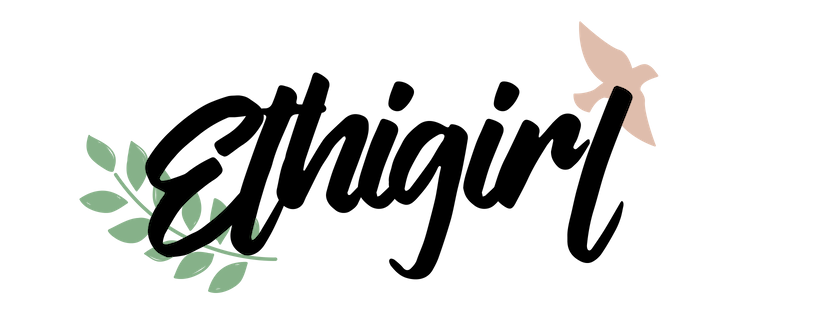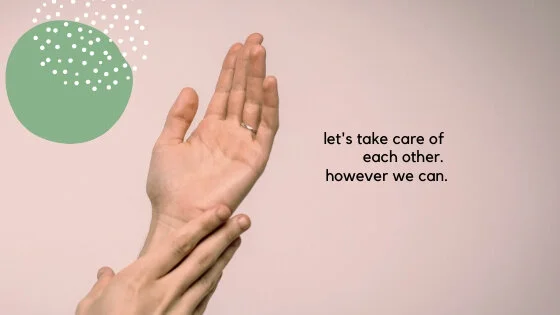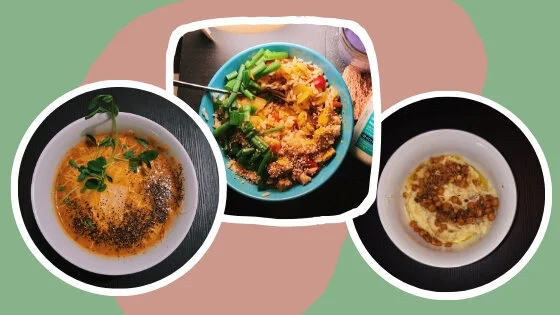A graduation picture at McGill.
A lot has changed since the last time I wrote, so I figured it might be time for a good old-fashioned life update.
On May 1st, on the cusp of finishing my undergrad, I packed my bags and relocated from Montreal to Vancouver. With me came little more than a couple suitcases and my best friend (and roommate of three years) Mariam. Between the two of us, we had very little set out for when we arrived other than a signed lease. We didn’t yet have jobs, furniture, wifi and electricity, mattresses, groceries, or anything else.
It’s the most okay with being unplanned that I have ever been.
By the time I wrote the first draft of this piece, two months after arriving in the city, I fortunately was able to have coordinated all of those things. In that very moment, I was sitting in the park by the water near my house, at sunset, watching baby geese cross the road as cyclists yielded to them. Even though geese are aggressive, there is nothing I want more than to hug one.
Sitting in this park is something I make a very peaceful habit out of several times per week. I’m not used to all this wildlife because Montreal didn’t have much of it — and in New Brunswick, where I grew up, there’s definitely more of it but the juxtaposition of it with urbanism makes it particularly striking.
The view near my house.
I miss Montreal a lot, and I often feel conflicted about being away from it. Over the past few months, I’ve thought a lot about my relationships to the places I’ve lived, and will live, and the contrasting emotions that are turned up by both familiarity (what feels like comfort) and newness (what feels like adventure).
When I moved here, I left some of my belongings in Montreal, knowing I’d be back for them at some point. Held onto by some of the people I love are suitcases packed with old books from thrift stores, old friends, and the McGill book fair. A wooden nightstand that my great grandfather built, gifted to me by my grandparents years ago. And a vintage armchair I bought off of Facebook Marketplace in third year and struggled to transport up and down a very Montreal number of stairs.
I just think that things have inherent sentimental value. Conversely, baggage sometimes also looks very physical.
But, obviously, most of the time baggage is an idea in your head — hence the metaphor itself. I think that’s part of why I moved across the country. I knew that in order to properly clear my head, I needed to remove myself from the environment in which I’d felt so much heartache, hopelessness, and sadness. I know that I will return there once the dust settles. And maybe that’s why the idea of still having belongings there is significant — it’s a way to still feel grounded there. Even after losing the main signifier of my identity there — being a student — I still have a reason to go back.
Moving across the country has forced me to reconsider my relationships with everything, and to hone in on their very physical realities. I think it has to do with the trauma which the last 1.5 years bestowed upon me (and I am sure upon you, too).
life during the pandemic
Growing up, I was a very goals and future-oriented person, which served me well in many ways. It propelled me through a university career of passionate, keen climate and social justice activism, much of which influenced me to launch Ethigirl.
But it would be dishonest to shy away from admitting that all of that energy wasn’t, occasionally (and throughout the pandemic, basically permanently), exhausting. I’ve seen friends and fellow activists talk about this, too, so I know I’m not the first — or the only. And that’s part of why I write this, too. To let you know that, if you’re in the same boat, it’s not just you.
Somewhere throughout the pandemic, I noticed that something wasn’t right about me anymore. But it took so long for me to pay attention that my body forced me to do so through physical symptoms. Shortness of breath, nausea, dizziness. For me, the signs pointed to iron deficiency, so I called the McGill clinic to speak with a doctor. But as she continued down her line of questioning, it became clear to me that she disagreed. Long story short, in October, I was diagnosed with depression.
Admitting this online, when I know how many people read my writing, and how public it is, feels terrifying. It feels vulnerable and unnatural in the way that going into a store without a mask might feel now. So, I am trusting that this information is in good hands with you. Because in spite of the negative feelings, it still feels important for you to know.
I think that while the pandemic has done a lot to make it easier to talk about mental illness, we’re still pretty far from a world where it’s easy. We’re also pretty far from a reality wherein people know what to say or how to help when you share something like this with them. To those people, here’s the advice I’d offer: while it’s valid that you are, there’s no reason to be uncomfortable. Someone else just made you feel like there is.
Although hearing that I had depression was really difficult, it also helped create an externalized identity for everything that I was feeling — helping me to understand that although it was within my brain, and felt deeply personal, it wasn’t. It was just another part of my health.
Wreck Beach in Vancouver.
recovery
I’ve spent the last 8-10 months recovering from my depressive episode. I’ve settled into a job that I enjoy, working from home and having the flexibility to create the workspace I want. I’ve been getting outside as much as possible, exploring my surroundings and swimming at the beach whenever I can. Also, now that I’m fully vaccinated, I also got the opportunity to go visit my family in New Brunswick a couple of weeks ago. I’ve got to tell you — the feeling of hugging my grandparents for the first time in two years was indescribable. I LOVE YOU, SCIENCE.
My roommate Mariam and I ❤️
I’m focused on creating for myself, at a foundational level, simplicity. I love my routine, managing my time, pushing myself to wake up just a little bit earlier, so that I can make breakfast and open the windows to let the fresh air in. I love listening to the music I want, and steeping my coffee as strongly as I want. But I also love going out of my way to seek out joy, and to celebrate everything. I love stressing less about what my classmates are doing after graduation. I loved deactivating my Instagram account for months, and even now as I’ve reactivated it, I love barely using it (Lorde is so right about this one).
The past year was so complicated, with so many big life transitions and decisions. It makes sense that I feel this way, and if you do, that makes sense too.
I’m still figuring out what it means to properly balance activism, hobbies, and community work with my job, and still having enough time for all of the routine activities I need to complete in order to maintain stability.
identifying what hope feels like
There is no part of me, though, that is less concerned by the same topics than I used to be. I’m even more terrified by climate change than I ever have been. My first summer in BC has definitely introduced me to a fear of forest fires I never had before. A couple of weeks ago, during a heat wave, we had a day that I thought something was burning in my house because I could smell smoke. But when I looked outside, the city was engulfed in a huge smoke cloud.
I’ve been disappointed in myself for not doing more for our climate. But much more than that, I’m infuriated by the degree to which billionaires have profited off of the pandemic, and how the blame of increased pollution is instead placed on a population of people who are just doing what they need to do to get by. Especially when the reality is that the 1% is choosing a space race over investing in the climate action and social assistance that the world crucially needs.
Some pretty great swimming in Squamish, BC
I am simply not comfortable asking my readers to remember their reusable bags when, an hour two away from me, the forest is on fire. It’s like telling you to move around chairs on the deck of the Titanic. Should you still do that? Yes, of course! But…
Transparently, all of this has made me feel like, when it comes to Ethigirl, the problems engulfing our world are so overwhelming that I don’t know what to recommend at this point.
But the point of me saying all of this is not to be bleak or hopeless. It’s just to be vulnerable and honest. Inauthentic optimism helps no one.
My pals. <3
I do believe there is still a lot of hope, and a lot of incredible people working as hard as they can. The most important thing is that we work together, rather than individually shouldering the burden of the most complex and enormous issue that humanity has ever faced. The best thing I can suggest, at this time, is to get involved. Organize in your local community. If you’re Canadian, ensure you vote critically this September. Find out when your next climate march is, and go to it.
Ensure, most importantly, though, throughout all of it, that you remember sustainability starts from within. Investing in your health is the only way you can show up for the causes you care about.
Thank you so much for reading, and I love you all so much.
With love, sustainability, and all the mental resilience I can offer,
Ethigirl.
And here she stood, at the crux of an epiphany, not yet ready to decide whether she was brave enough to accept it.
Here she stood, at the crossroads of comfort and challenge, balanced atop a twenty-two years of pushing, of working, of trying to encapsulate the person she saw herself as, while the person she really was quietly and patiently awaited the day she’d be confronted.















































